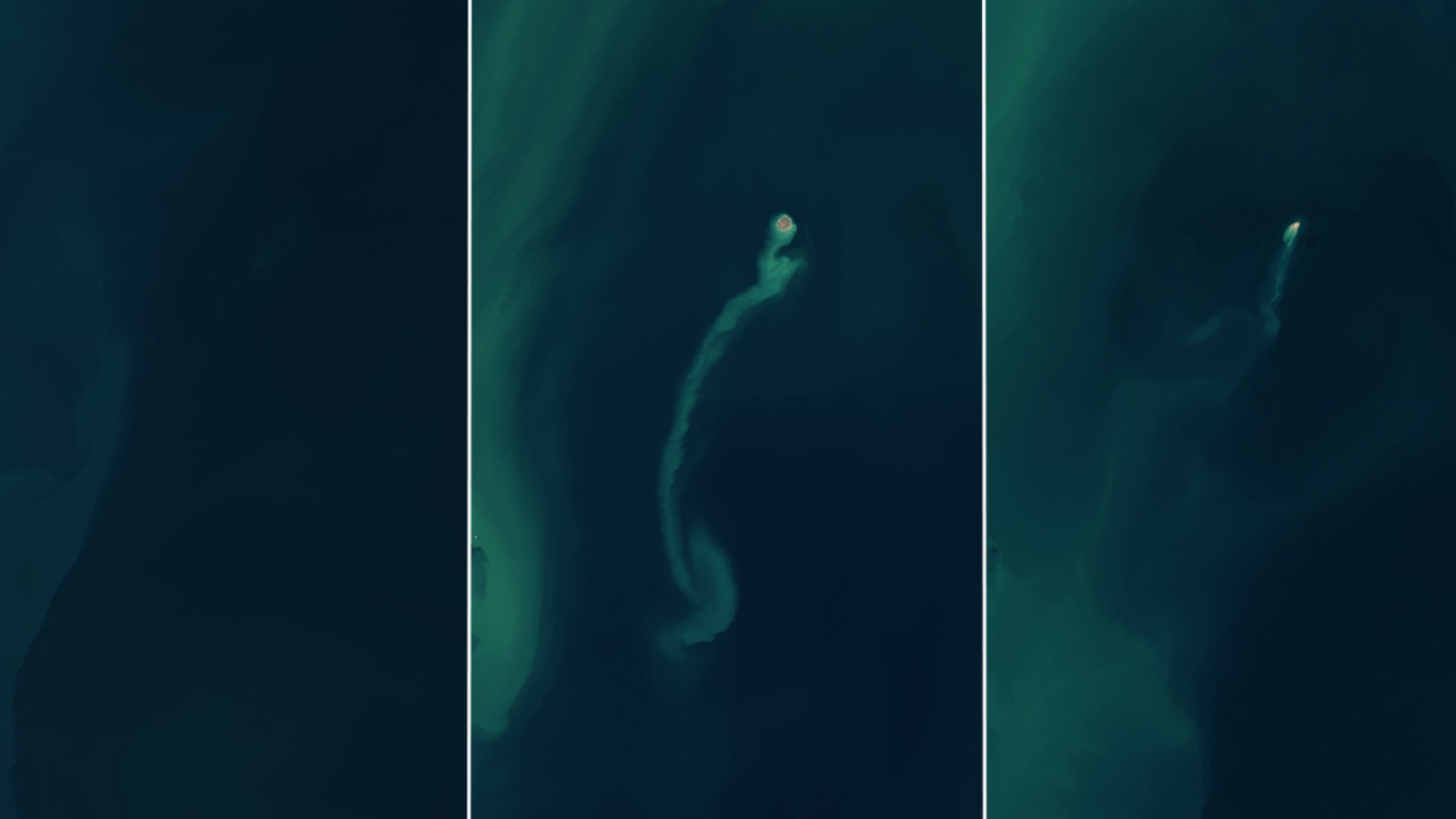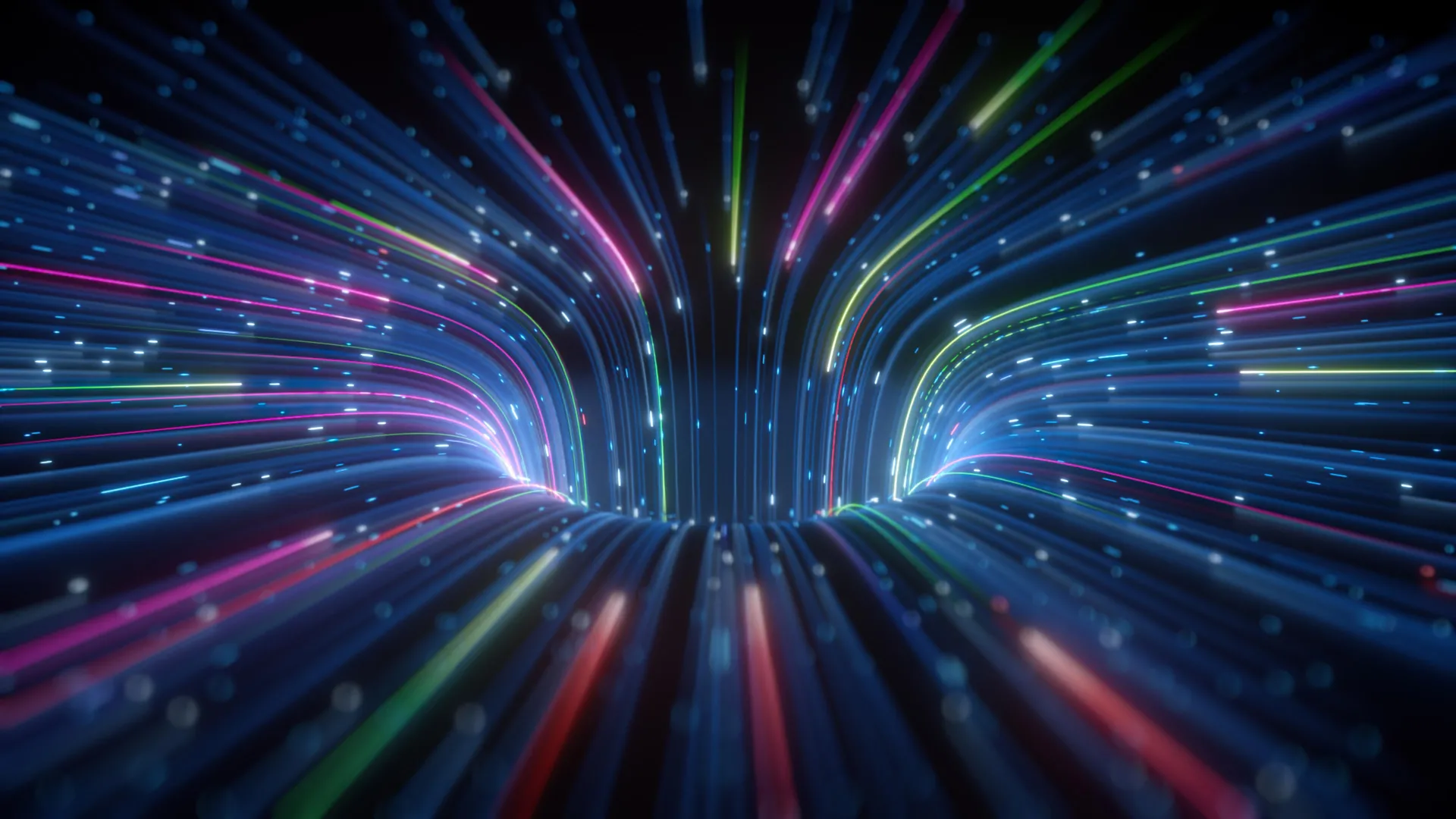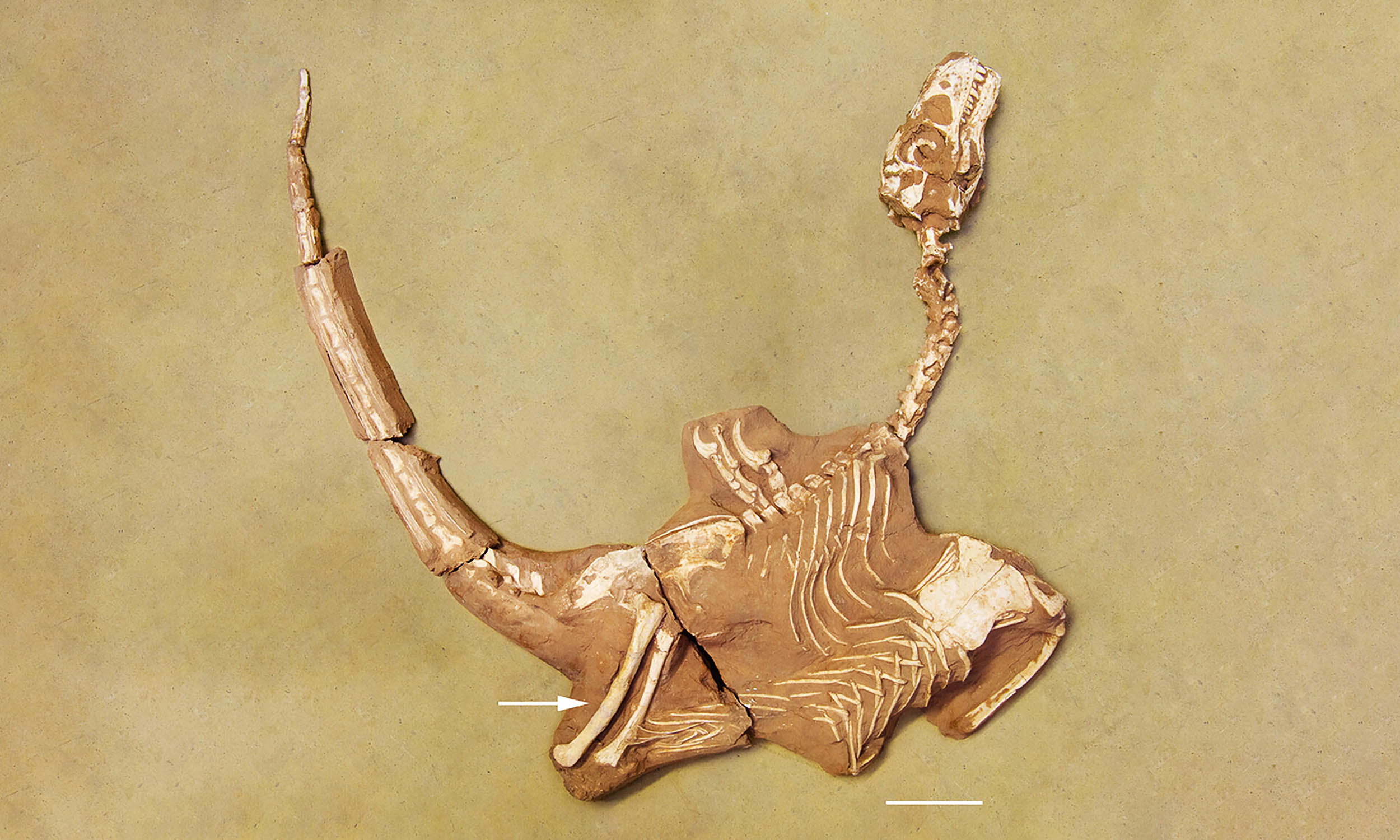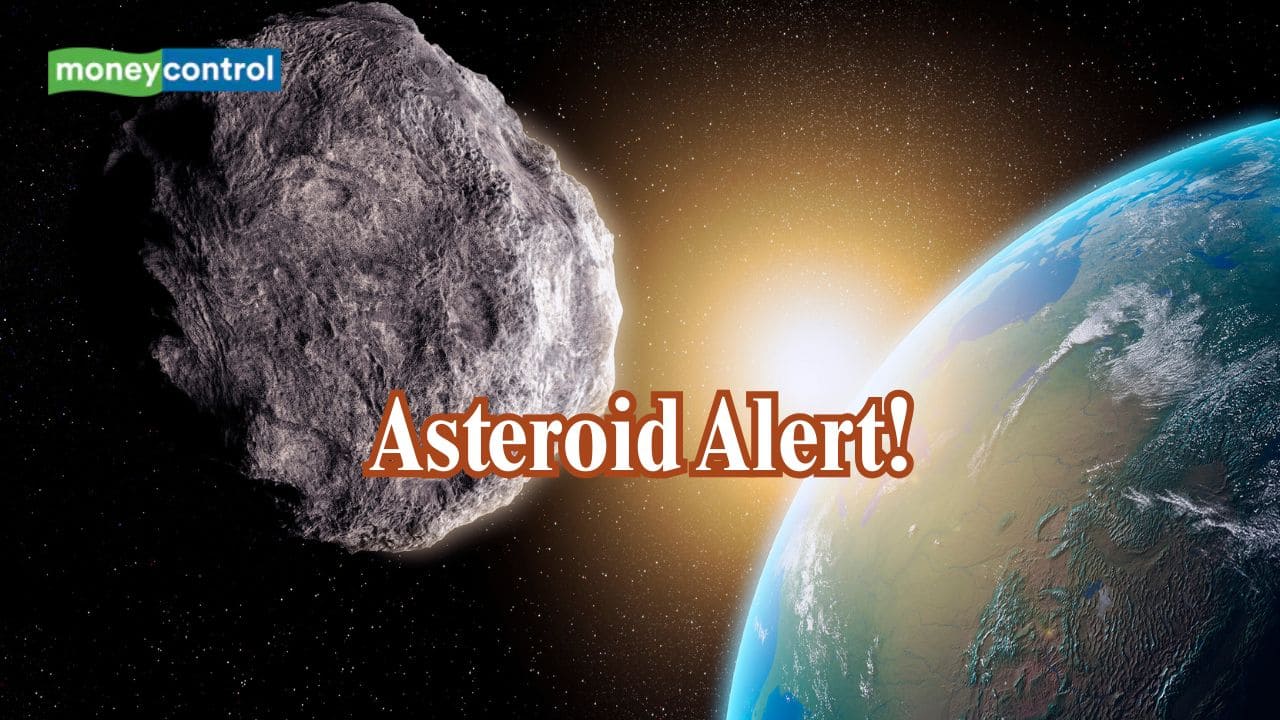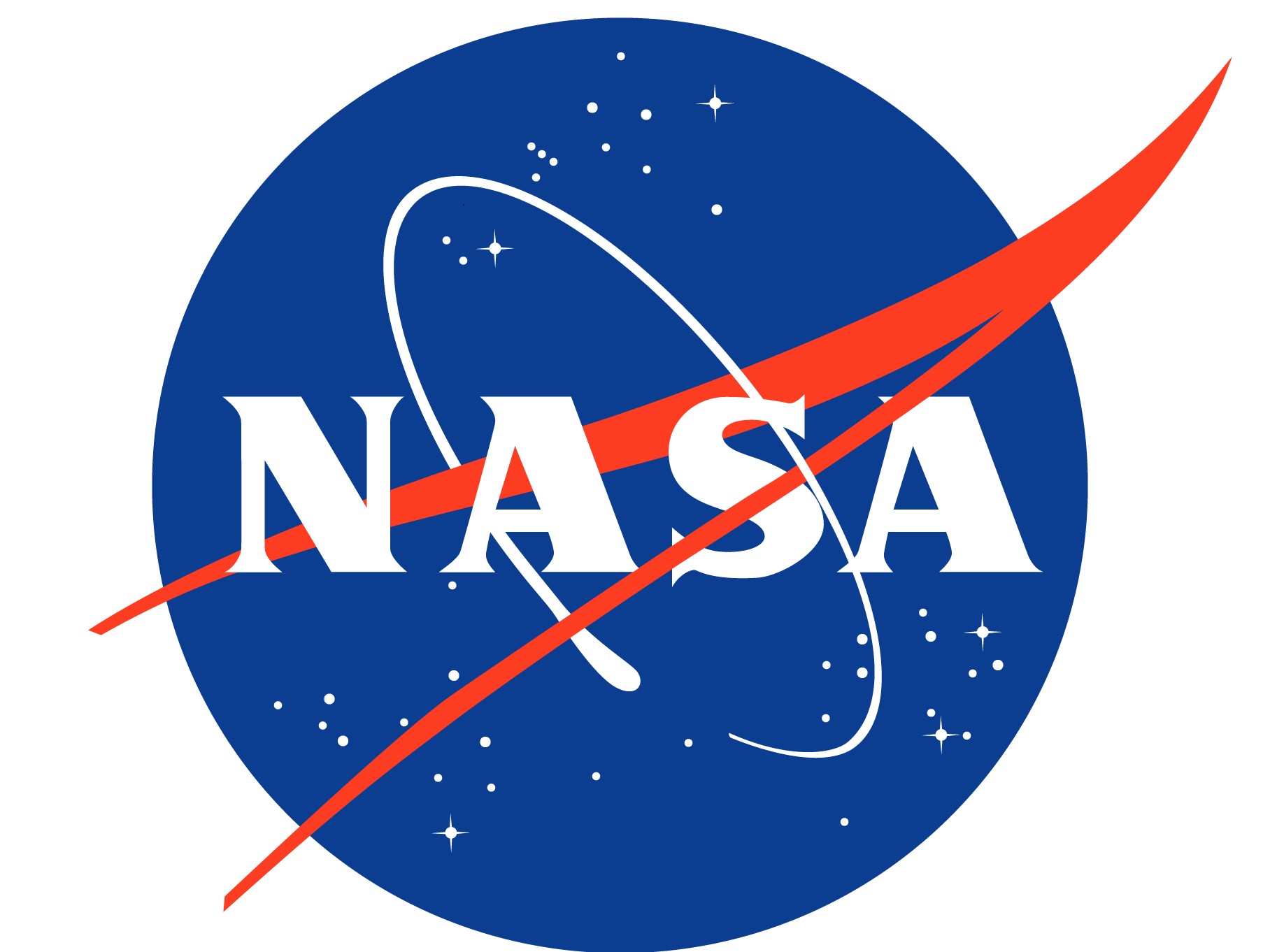Could the Universe Have Started Without a Big Bang? Shocking New Theory Revealed!

What if I told you that everything you thought you knew about the birth of the universe might be flipped on its head? A groundbreaking study from researchers at the University of Barcelona and the University of Padua is challenging a fundamental pillar of modern cosmology: the Big Bang theory.
For decades, the concept of inflation—a rapid expansion of the universe following the Big Bang—has been the go-to explanation for why our universe appears the way it does. But let's be real; this idea leans heavily on some pretty speculative premises, including mysterious particles and unobserved forces. Now, a new theory is stepping in to change all that.
This innovative proposition suggests that the early universe can actually be explained solely through gravity and quantum mechanics, two well-established realms of physics. Imagine that! If this theory holds water, it could significantly reshape our understanding of the cosmos.
So, what’s the new angle? The researchers introduce us to a concept known as De Sitter space, a theoretical model describing a uniform, empty universe expanding solely due to a positive cosmological constant—kind of like dark energy but more straightforward. This model aligns neatly with current observations about the universe.
In this De Sitter space scenario, tiny quantum fluctuations—imagine ripples in the fabric of space and time—naturally occur. Over time, these ripples evolve into gravitational waves, creating variations in density that allow matter to come together, forming galaxies, stars, and planets. Unlike the traditional Big Bang theory, this process doesn’t require the existence of enigmatic fields like the 'inflaton,' leading to a cleaner and more testable framework.
But don’t get it twisted; this theory doesn’t completely dismiss the Big Bang. Instead, it proposes a compelling alternative: the universe could have emerged from a stable, expanding state instead of a fiery explosion. By relying solely on gravity and quantum mechanics, the model provides a minimalist and testable hypothesis.
Lead author Raúl Jiménez describes this proposal as ‘simple, elegant, and powerful,’ emphasizing that it avoids unnecessarily complicated elements that have never been observed to make the math work. If validated, this research could herald a major scientific breakthrough, fundamentally altering our understanding of cosmic origins.
With predictions that can be tested through observable physics, upcoming research could either prove or disprove this theory, particularly concerning gravitational waves and the cosmic structure they generate. Buckle up; the universe just got a lot more interesting!













